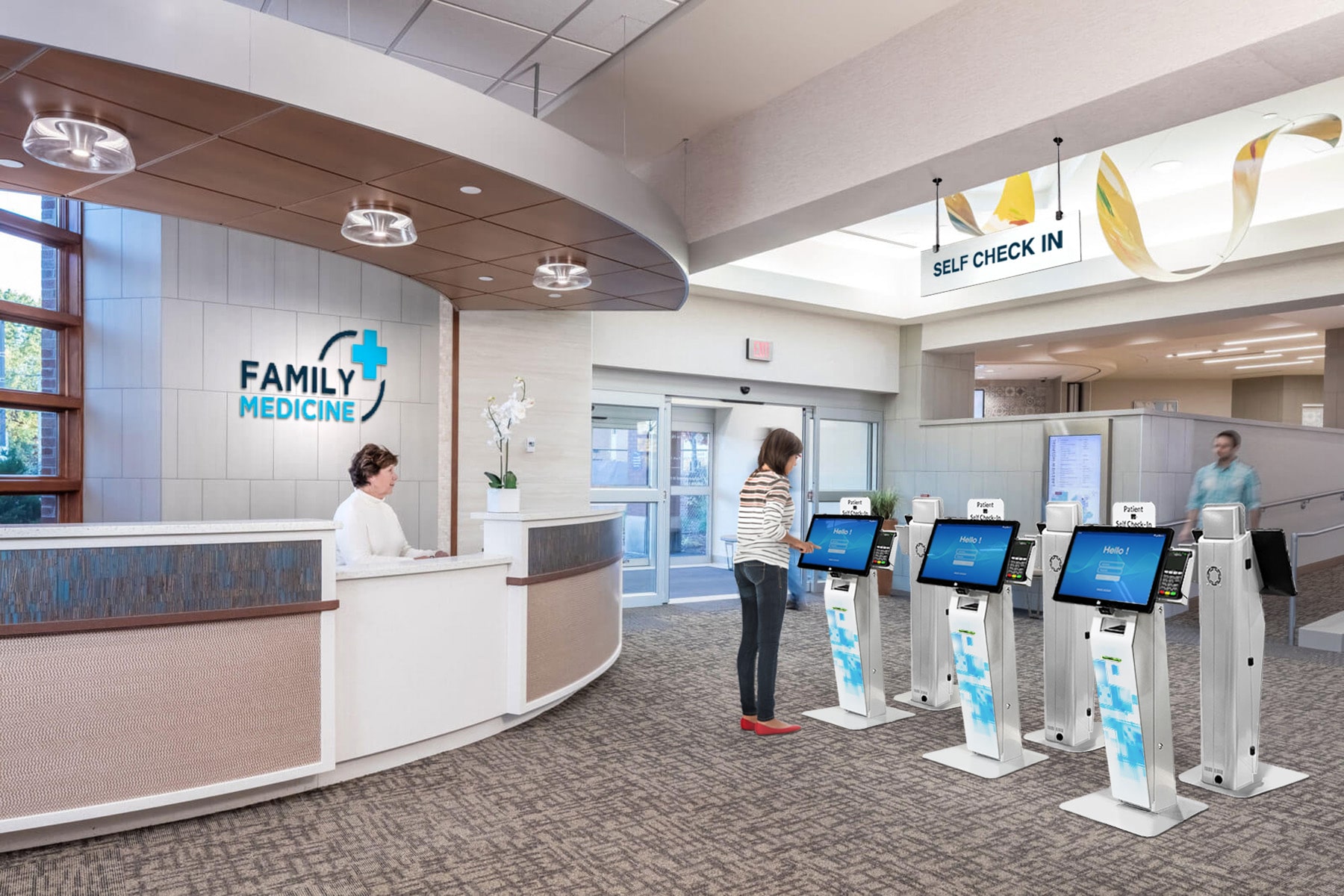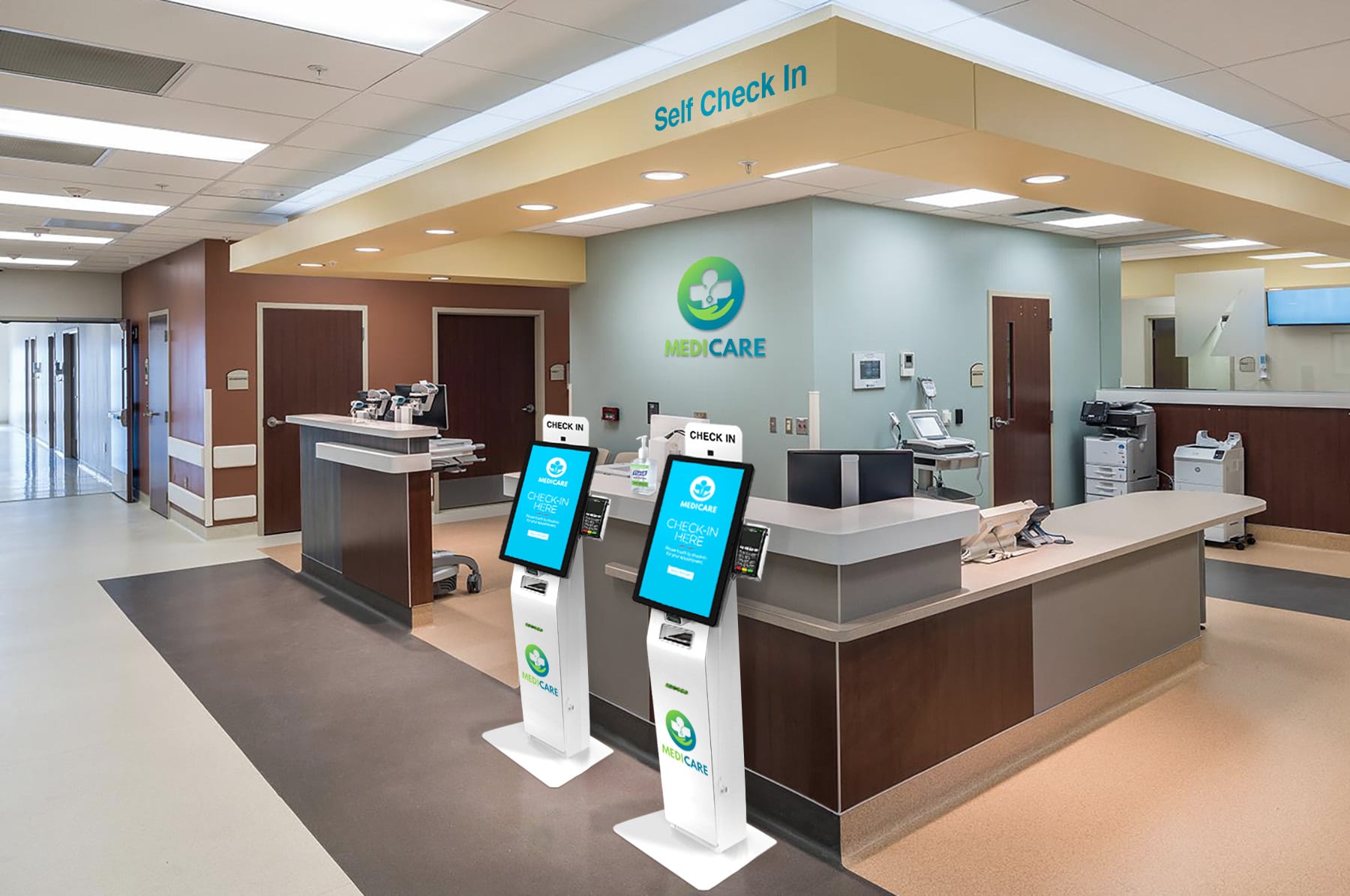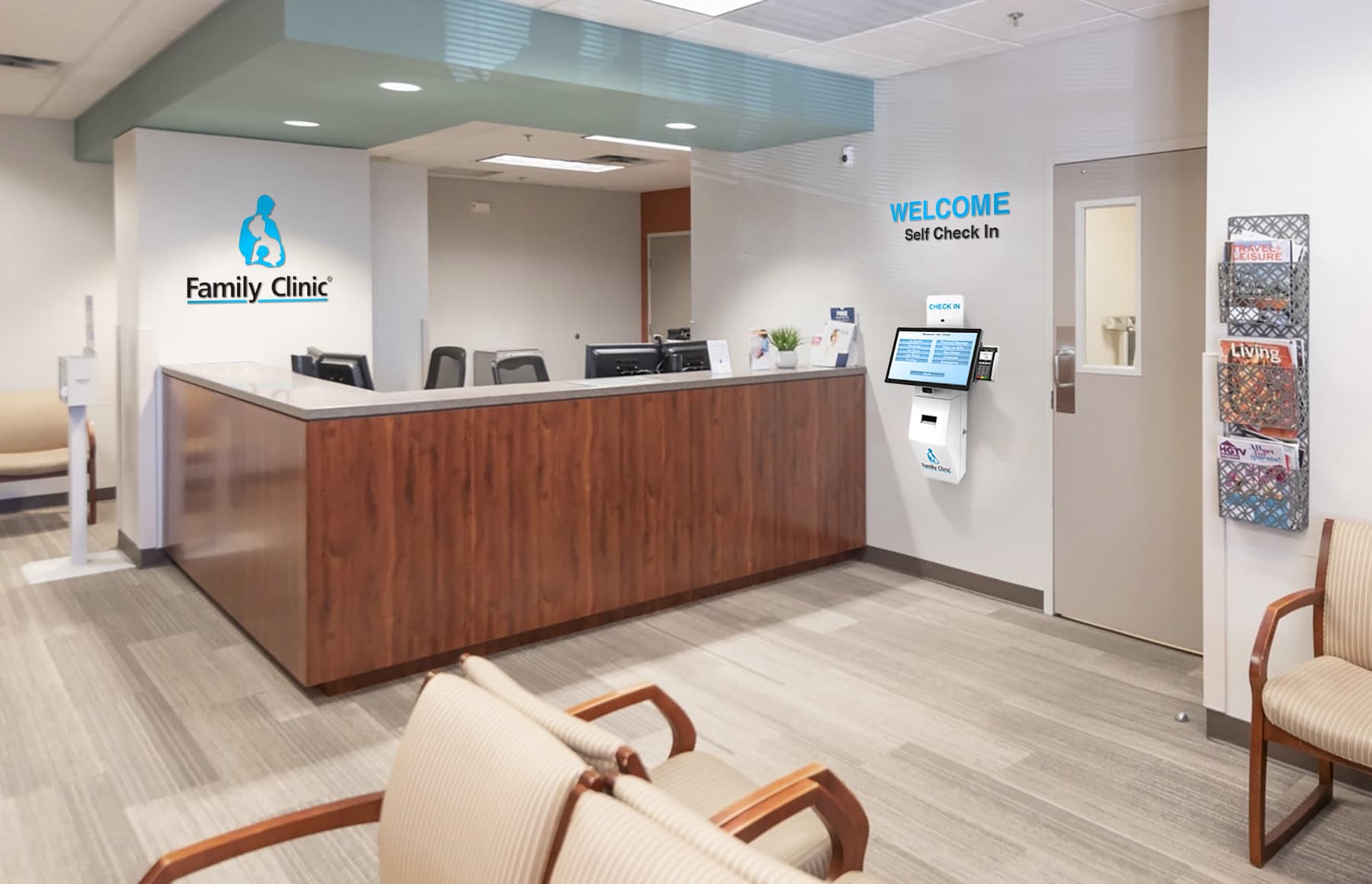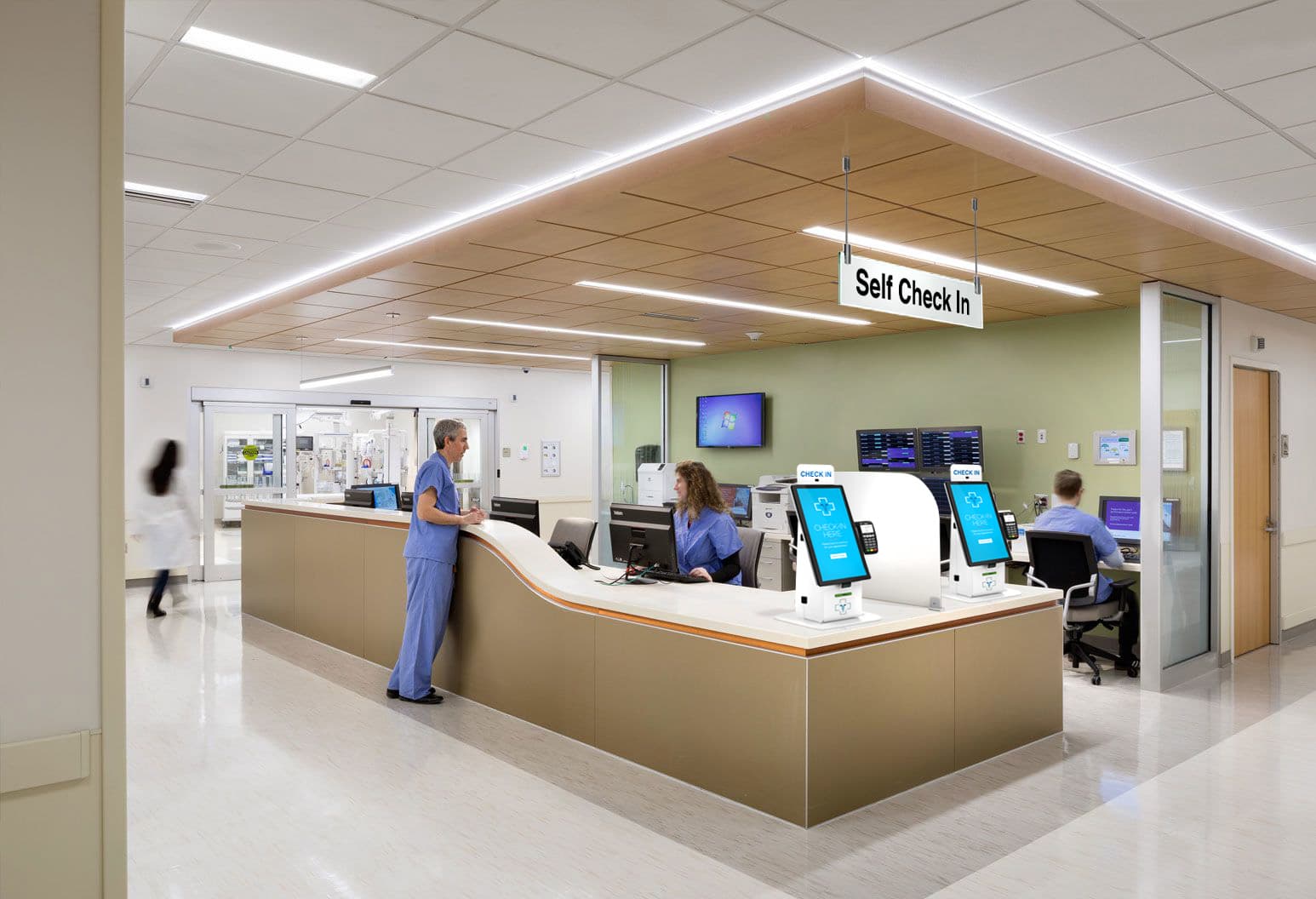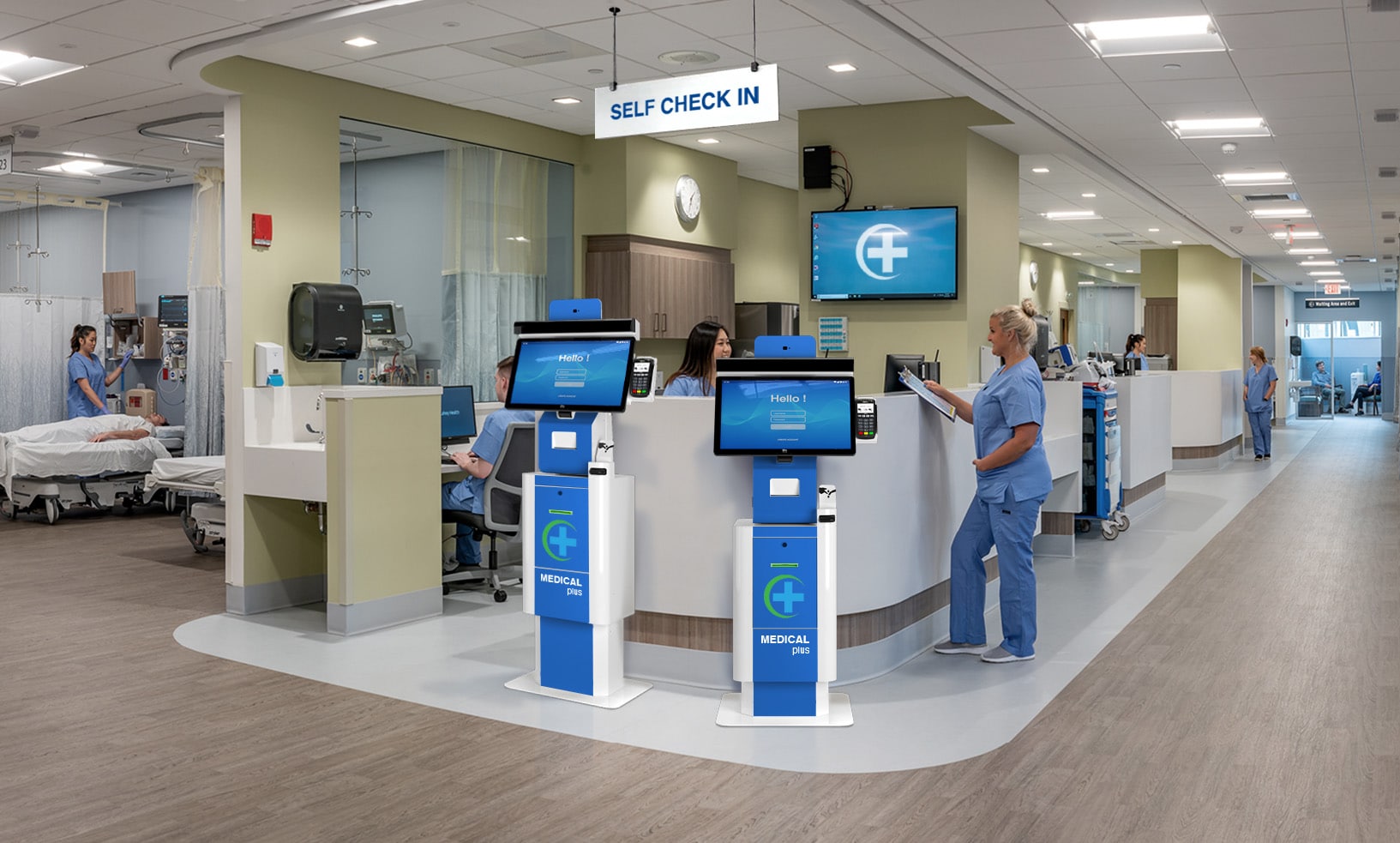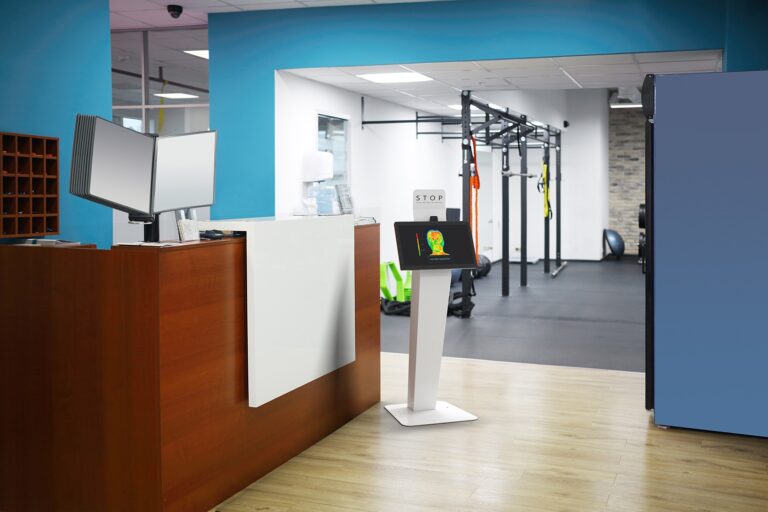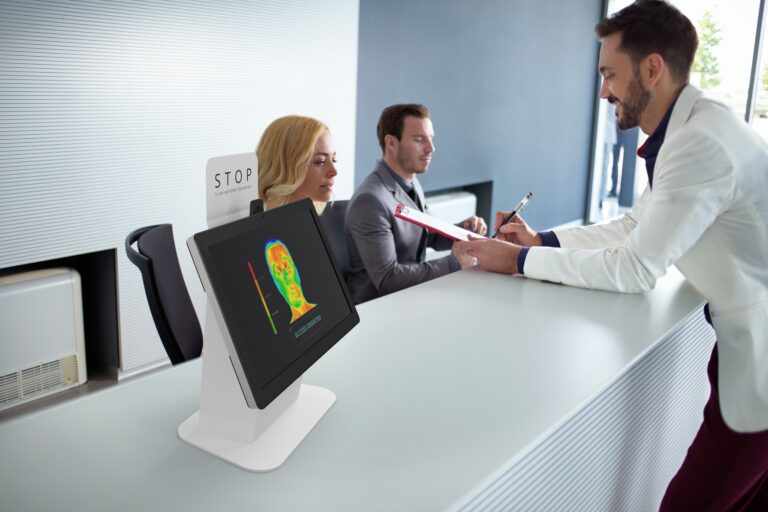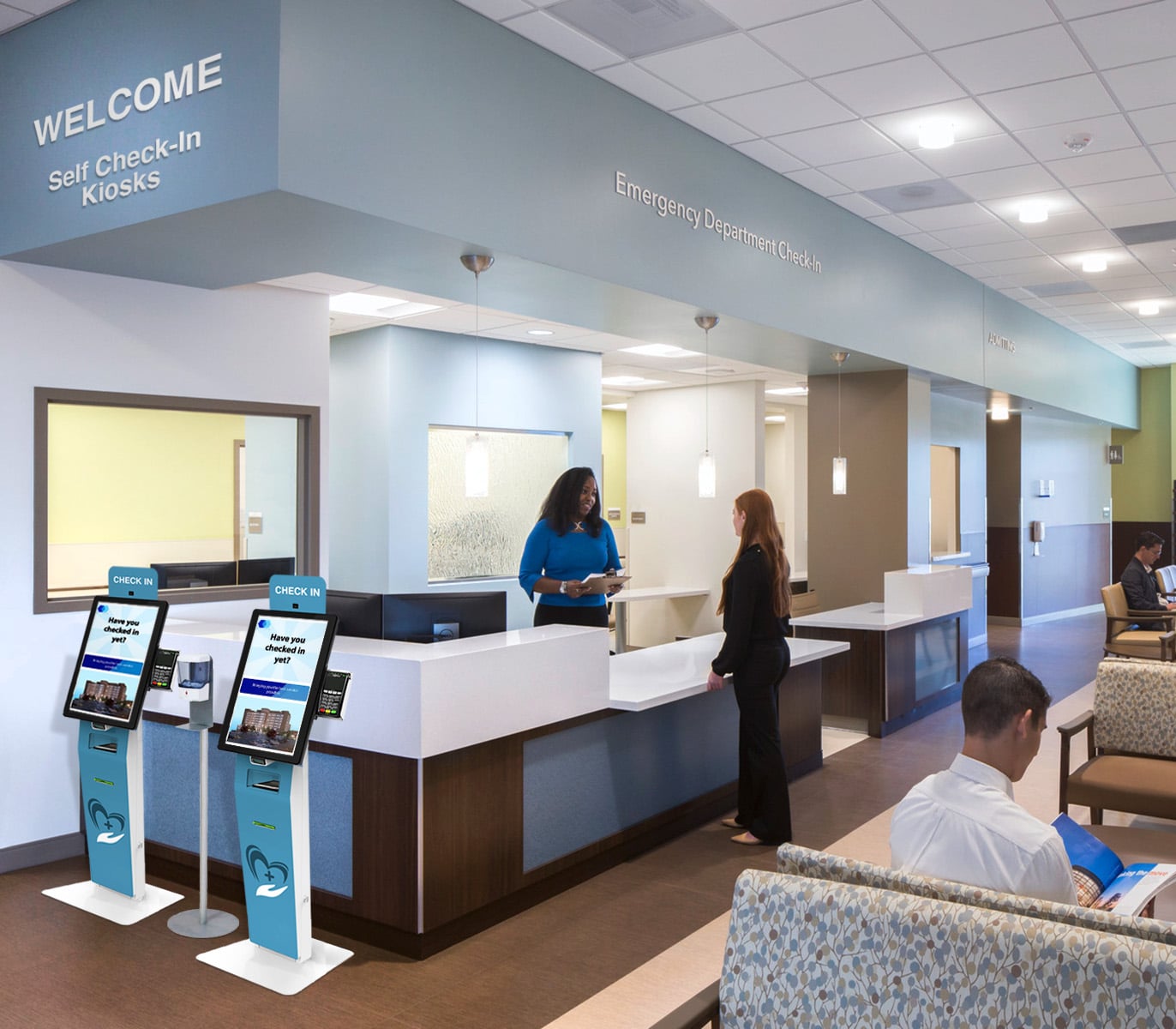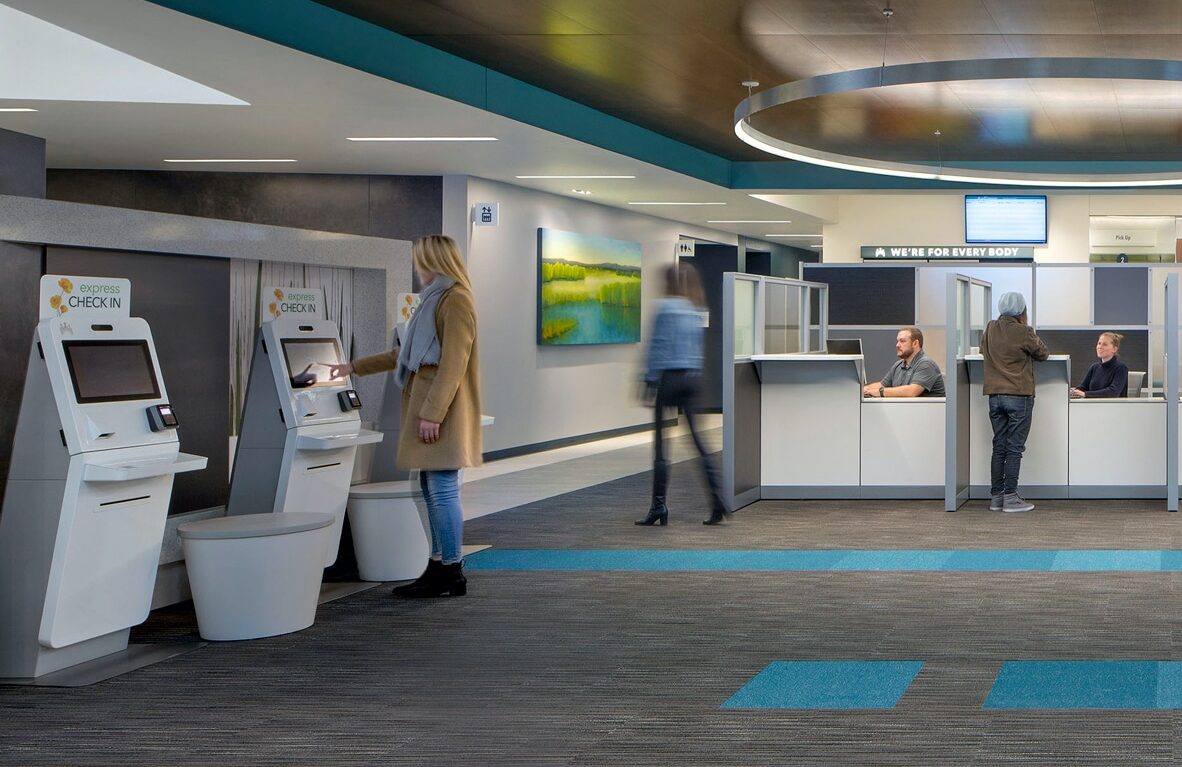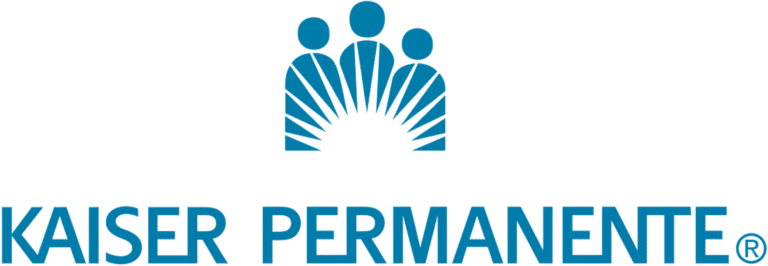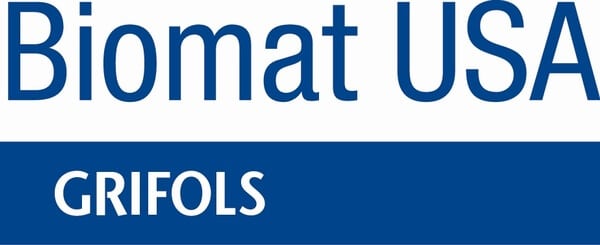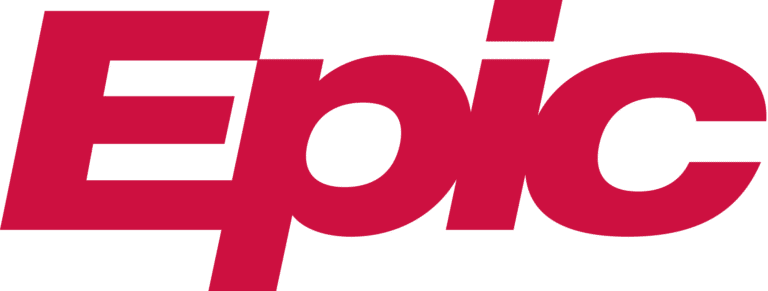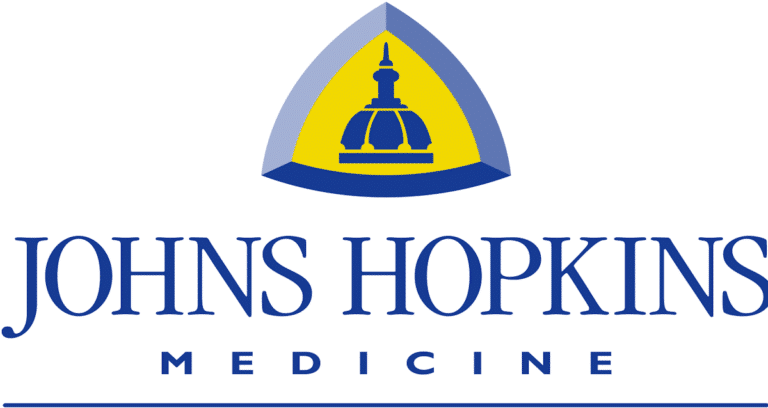Updated Regulatory Information for Kiosks, POS and EV Charging – June 2022
The big news is that the U.S. Access Board has announced its next session which include EV Charging Stations, Kiosks and POS. Not quite sure of the difference between information transaction machines and kiosks but we will find out. For more updates and information contact info@kioskindustry.org
- It’s also very important (cannot be overstressed) that not only manufacturers but users need to comment.
- Once it is closed for comments you cannot insert a single word. During the comment phase all comments are taken, recorded and considered.
- For POS we think reach may be addressed as well as Audio
It is worth noting too that ANSI has taken a strong interest in EV Charging. The Kiosk Association is an Associate Partner sponsor of the ANSI Electric Vehicles Standards Panel and is signed up to participate on working group
In Brief
- July 21 — The U.S. Access Board has released Design Recommendations for Accessible Electric Vehicle Charging Stations, a technical assistance document that reviews existing requirements and new recommendations for making electric vehicle (EV) charging stations accessible. This technical assistance will aid in the development of a national network of EV charging stations that is accessible to everyone, including people with disabilities.
- US Access Board Session EV Charging — EV Charging Stations. According to the Agenda, the Access Board will be issuing a Notice of Proposed Rulemaking (NPRM) in September 2022 to set standards for accessible EV charging stations with the intent that the DOJ will eventually incorporate those guidelines in the current ADA Standards for Accessible Design. The rulemaking responds to the Infrastructure Investment and Jobs Act’s allocation of $7.5 billion to construct a national network of 500,000 EV charging stations nationwide.
- US Access Board Session Transaction Machines — Fixed Self-service Transaction Machines. With the proliferation of self-service machines at public accommodations in the past few years, it is no surprise that the Access Board will be working on standards for accessible self-service kiosks, information transaction machines, and point-of-sale devices. The Agenda states that an NPRM will be issued in August 2022. It is very important for manufacturers of these machines, as well as the businesses that use them (e.g. retailers, rental car companies, lodging facilities, health care providers, banks, parking facilities, restaurants) to file comments on the Access Board’s forthcoming proposed guidelines because, once finalized, they are not likely to change in DOJ’s rulemaking process to make them enforceable standards.
- Maryland Launches Assistive Technology Loan Program — Assistive technology is any item, piece of equipment, software program, or product system that is used to increase, maintain, or improve the functional capabilities of persons with disabilities. Assistive technology allows individuals with disabilities to carry out activities of daily living (bathing, dressing, eating, etc.), participate in the workforce, communicate, learn, and enjoy recreational activities.
- Has The Time Come Finally for Accessibility and Digital Menus For Restaurants? — That’s why we’re asking the question: should restaurant accessibility standards include digital menus? Article reprinted from Keyser, a major provider of digital signage displays and digital menu boards.
- Comments by Seyfarth — While the rulemaking process can take years, we predict the DOJ will work hard to get all of these new standards finalized before the end of the Biden Administration because a regime change will most certainly halt all regulatory activity, yet again.
- Disability Inclusion in the Workplace Interview — interview of CraigK
- DOJ Goes All in on ADA is a Nondelegable Duty — In the Statement of Interest, the DOJ goes all in on the ADA being a nondelegable duty. That the ADA is a nondelegable duty should not surprise readers of this blog because we previously discussed that here, and I return to the concept frequently.
- Canada CSA Group — we submitted technology considerations for next CSA session.
- Canada ADA groups — three groups in Canada have applied to join ADA Committee
- EV Charging Expected Overall Regulations
- guidance doc
- EV charging stations will need to comply with ADA and Section 504 requirements and be accessible to and usable by individuals with disabilities, including those using wheelchairs or other assistive equipment. Key considerations include safety and ease of use. Specifically, designs for EV charging stations must ensure adequate space for exiting and entering the vehicle, unobstructed access to the EV charging stations, free movement around the EV charging stations and connection point on the vehicle, and clear paths and close proximity to any building entrances.
- NEVI funds can be used to retrofit existing non-ADA compliant stations to ADA compliant
- Revenue from retrofitted or new chargers (advertising?) will be deducted from funding received. The State DOT will likely have input on partnerships.
- Title 3 will apply no doubt
- 40% to disadvantage communities (underserved, underbanked)
- Useful links for State DOT — For example, FHWA’s guide, Public Involvement Techniques for Transportation Decisionmaking, provides examples of public engagement best practices and illustrates how meaningful public engagement entails more than simply holding public events, but also incorporating public comments and feedback into decisionmaking. Additional suggested resources include:
- • Public Involvement Techniques for Transportation Decisionmaking (FHWA) – Public Involvement
Techniques – Publications – Public Involvement – Planning – FHWA (dot.gov)
• Virtual Public Involvement (FHWA) – EDC-6: Virtual Public Involvement | Federal Highway
Administration (dot.gov)
• How to Engage Low-Literacy and Limited-English-Proficiency Populations in Transportation
Decision Making (FHWA) – Low Limited – Publications – Planning – FHWA (dot.gov)
• Every Place Counts Leadership Academy Transportation Toolkit (FHWA) – Every Place Counts
Leadership Academy (transportation.gov)
- From National Restaurant Association — The House Committee on Energy and Commerce is expected to mark up the revised American Data Privacy and Protection Act (ADPPA) next week, possibly by July 13. Restaurant operators will have a hard and costly time trying to comply with a number of alarming provisions included in the ADPPA as it’s now worded.
- The Association has expressed concerns about specific areas of the bill, including:
- Carveouts in the federal preemption – The Association is concerned that there are far too many carveouts for state-level privacy laws, consumer protection laws, and laws that govern both employee and biometric data, among others. These carveouts essentially nullify the bill’s preemption provision and would require national restaurant businesses to complying with both federal and state laws.
- Inclusion of private right of action – The Association is concerned that the language allowing civil action in federal court would enable trial lawyers to embroil operators in unwarranted, never-ending litigation. These actions do not improve consumer protection but do often penalize the operations targeted.
- Loyalty programs – The bill includes language intended to preserve consumer loyalty programs, but the Association feels the provision would inhibit consumers’ and restaurants’ ability to voluntarily establish loyalty relationships. These types of programs are essential to the business model of many restaurants, and the Association hopes the bill can be amended to reflect state data privacy laws that have already been shown to work.
- Service providers and third-party requirements – Restaurants are often a first point of collection for consumer data, however they should not be held liable for potential data privacy violations committed by their downstream business partners. The Association would like to see the service provide and third-party requirements strengthened so that no consumers are left unprotected when their personal data is handled by any business, regardless of where they live.
- Small data exemption – The bill includes a threshold for small business data exemption; however, the current definition will still place significant burdens on small business restaurants. The Association would like to see the requirements amended so that they will work for the smallest restaurant operators.
- Covered entity definition – Under the current bill, the covered entity definition would mean that restaurants with common branding all become liable for one operator’s infractions. The Association would like to see the bill take into consideration the industry’s unique franchise structure when defining covered entities.
- HIPAA — HHS issues penalties to 11 healthcare organizations for records access violations. The latest batch of penalties brings the total number of financial penalties imposed under the HIPAA Right of Access enforcement initiative up to 38, according to a July 15 press release from HHS.


